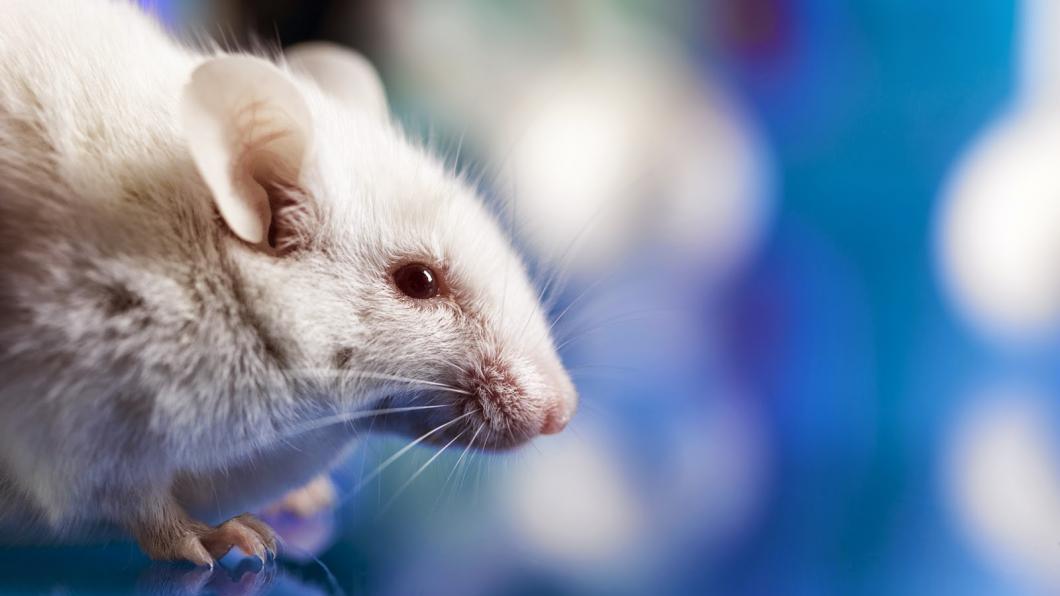
Mice are key players in study of autism drugs
By Louise Kinross
Holland Bloorview and SickKids have received $2.5 million from Brain Canada to conduct a five-year trial of new autism medicines in children and mice.
Testing drugs at the same time in humans and mice has produced promising results in cancer treatments and is a first for autism research.
Identifying the genetic change that causes a specific type of autism can predict whether it will respond to treatment. But “there are too many different types of autism that we can’t figure out the biological subtype based on looking at a child’s behaviour,” says lead investigator Dr. Evdokia Anagnostou, child neurologist at Holland Bloorview’s Autism Research Centre.
“We’re learning a lot about genes that map on different pathways, but in humans these genetic differences account for a very small number of kids,” Evdokia says. “So we don’t have enough kids for each of the genetic variations to study them properly.”
Enter the mice. “We can engineer lines of mice that carry a specific genetic difference associated with autism and then study their brains and responses to treatment.”
Over the five-year period, two drugs will be trialled in children and six in mice. After two-and-a-half years “the most promising compounds in the mice will be put in the humans and we will continue testing other compounds,” Evdokia says.
Being able to test drugs in mice with a specific genetic mutation “means we can take drugs that exist for a completely different reason, that have nothing to do with autism or development, but which we know affect the pathway we’re looking at.”
Human studies will be done at Holland Bloorview, McMaster Children’s Hospital and the Lawson Research Health Institute. The mice trials will be run at SickKids.